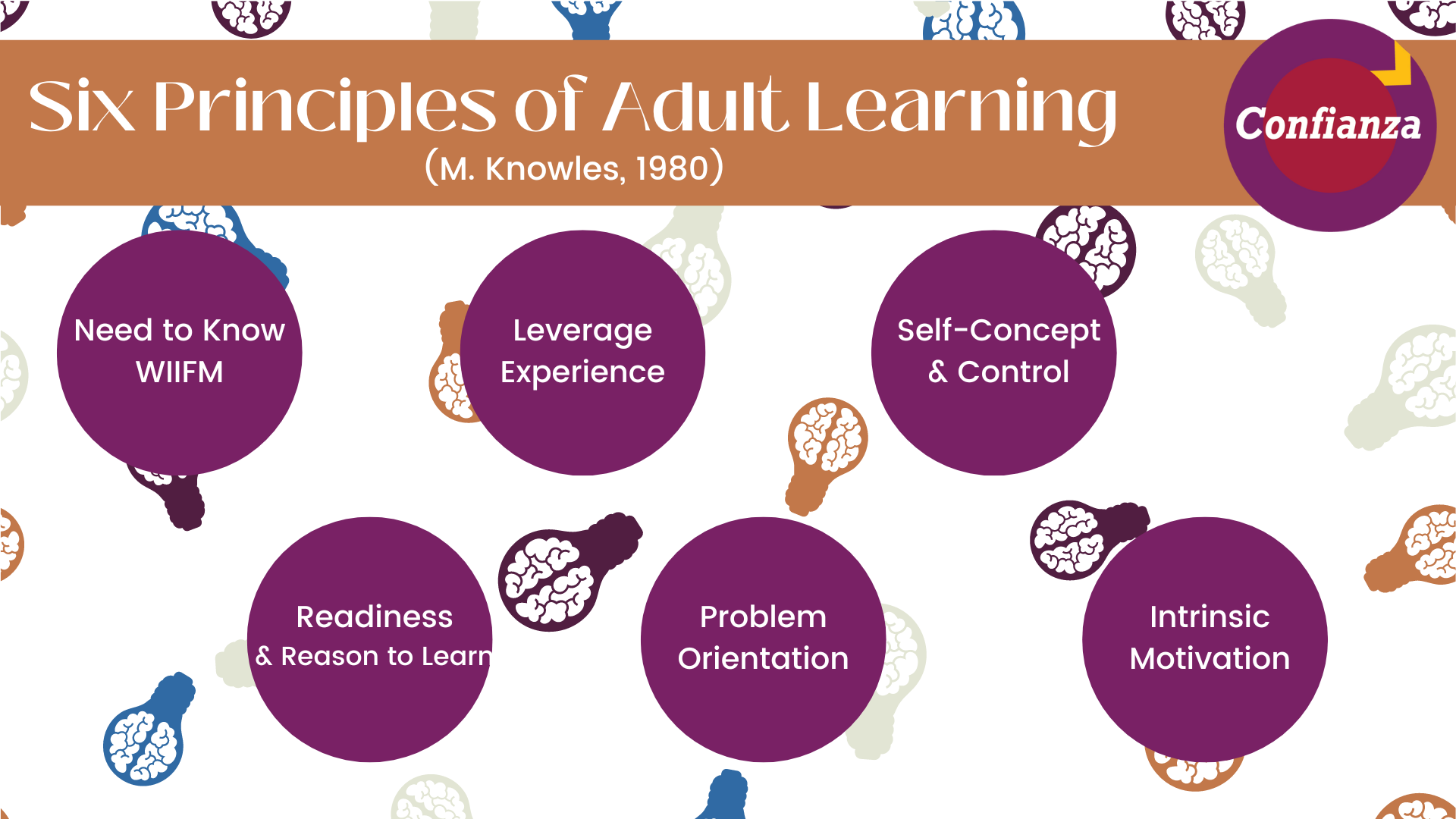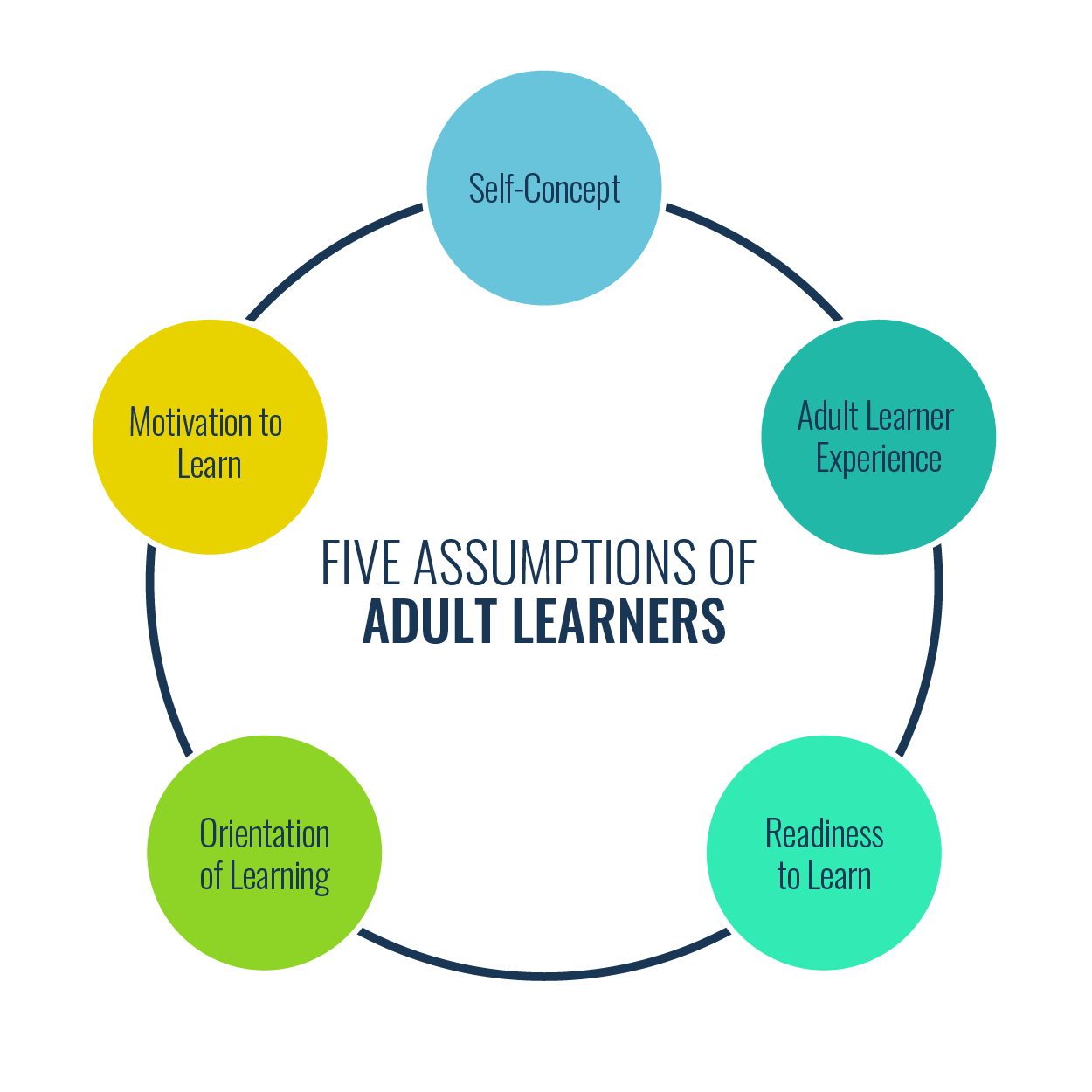Educational vacations for adults are rapidly gaining popularity, offering a unique blend of leisure and learning. Unlike traditional tourism, these trips prioritize enriching experiences, fostering personal growth, and expanding knowledge bases. Whether it’s delving into ancient history in Rome, mastering culinary techniques in Tuscany, or exploring the Amazon rainforest, educational vacations cater to a diverse range of interests and learning styles, promising both adventure and intellectual stimulation.
This burgeoning sector caters to a wide demographic, from young professionals seeking career advancement to retirees eager for intellectual engagement. The motivations behind choosing such vacations are varied, ranging from the desire for personal enrichment and skill development to the pursuit of unique travel experiences that go beyond typical tourist attractions. This article explores the diverse landscape of educational vacations, offering insights into planning, logistics, and the lasting impact of these transformative journeys.
Types of Educational Vacations: Educational Vacations For Adults
Educational vacations, or “edu-cations,” are experiencing a surge in popularity, offering a unique blend of learning and leisure. These enriching experiences cater to a wide range of interests and learning styles, moving beyond the traditional classroom setting to provide immersive and engaging opportunities for personal and intellectual growth. They represent a significant shift in travel trends, highlighting the growing desire for experiences that are both enjoyable and intellectually stimulating.
Categorization of Educational Vacations by Subject Matter
Educational vacations are diverse and can be categorized based on their primary subject matter. This allows individuals to tailor their travel plans to their specific interests and passions, ensuring a highly personalized and rewarding experience. The following table provides a structured overview of several popular categories.
Find out further about the benefits of brooksby village peabody ma that can provide significant benefits.
| Category | Description | Example Destinations | Typical Activities |
|---|---|---|---|
| History | Explore historical sites, learn about significant events and figures, and gain a deeper understanding of the past. | Rome, Italy; Athens, Greece; Kyoto, Japan | Guided tours of ancient ruins, museum visits, lectures by historians, historical reenactments. |
| Art | Immerse oneself in the world of art, visiting museums, galleries, and studios, and learning about various artistic movements and techniques. | Florence, Italy; Paris, France; New York City, USA | Museum tours, art workshops, visits to artist studios, attending art exhibitions. |
| Culinary Arts | Discover new cuisines, learn cooking techniques from local chefs, and experience the culture through food. | Lyon, France; Bologna, Italy; Bangkok, Thailand | Cooking classes, food tours, visits to local markets, wine tasting. |
| Nature & Wildlife | Explore natural environments, learn about diverse ecosystems, and observe wildlife in their natural habitats. | Costa Rica; Tanzania; Galapagos Islands | Hiking, wildlife safaris, bird watching, nature photography, ecological research participation. |
| Photography | Improve photography skills while exploring stunning locations and capturing unique images. | Iceland; Namibia; Yellowstone National Park | Workshops led by professional photographers, guided photo tours, post-processing tutorials. |
| Language Learning | Immerse oneself in a new language and culture through interactive classes and real-world experiences. | Valletta, Malta; Barcelona, Spain; Quebec City, Canada | Language immersion programs, conversation practice with locals, cultural excursions. |
Visual Representation of Educational Vacation Options, Educational vacations for adults
A visual representation of the diverse range of educational vacations could be a vibrant circular infographic. The circle is divided into six segments, each representing a different category (History, Art, Culinary Arts, Nature & Wildlife, Photography, and Language Learning). Each segment uses a distinct color and symbol: History is represented in deep brown with an ancient column symbol; Art uses a bright teal with a paint palette; Culinary Arts is a rich orange with a chef’s hat; Nature & Wildlife is a lush green with a leaf; Photography is a bold yellow with a camera; and Language Learning is a bright purple with a speech bubble.
The segments are arranged in a visually appealing manner, with the size of each segment roughly proportional to the relative popularity of the category. The overall effect is a dynamic and colorful representation of the many exciting possibilities offered by educational vacations.
Planning and Logistics

Embarking on an educational vacation requires meticulous planning to ensure a seamless and enriching experience. Careful consideration of budget, travel arrangements, and accommodation significantly impacts the overall success of the trip. This section provides a practical guide to navigating the logistical aspects of planning your educational adventure.
Step-by-Step Planning Guide
Effective planning begins with a clear vision of the desired learning experience. This involves defining specific learning objectives, identifying potential destinations and programs, and establishing a realistic timeframe. A well-defined plan minimizes stress and maximizes learning opportunities.
- Define Learning Objectives: Clearly articulate what you hope to gain from the educational vacation. Are you seeking to improve a specific skill, deepen your understanding of a particular subject, or immerse yourself in a new culture?
- Destination and Program Selection: Research potential destinations and programs that align with your learning objectives. Consider factors such as course content, instructor expertise, and location suitability.
- Budget Allocation: Create a detailed budget encompassing all anticipated expenses, including tuition fees, travel costs (flights, transportation), accommodation, meals, activities, and personal spending money. Contingency funds are recommended for unforeseen expenses.
- Travel Arrangements: Book flights and other transportation well in advance, especially during peak seasons. Consider factors such as flight duration, layovers, and baggage allowances. Research local transportation options at your destination.
- Accommodation Choices: Choose accommodation that suits your budget and preferences. Options range from budget-friendly hostels to luxurious hotels. Consider proximity to the educational program and local attractions.
- Pre-Trip Research: Thoroughly research your destination, including local customs, laws, and safety guidelines. Familiarize yourself with the local language and currency. Consider purchasing travel insurance.
- Confirmation and Documentation: Confirm all bookings and gather essential documents such as passports, visas, travel insurance policies, and flight/accommodation confirmations. Make copies of these documents and store them separately from the originals.
Selecting an Educational Vacation Provider
Choosing a reputable provider is crucial for a successful educational vacation. Careful evaluation of several factors ensures a positive and enriching experience.
- Reputation and Accreditation: Research the provider’s reputation and check for accreditations or certifications from relevant organizations. Online reviews and testimonials can provide valuable insights.
- Curriculum and Instructors: Evaluate the quality of the curriculum and the expertise of the instructors. Look for programs with well-structured learning materials and experienced educators.
- Customer Service: Assess the provider’s customer service responsiveness and helpfulness. Check for clear communication channels and prompt responses to inquiries.
- Price Transparency: Ensure that all costs are clearly Artikeld and that there are no hidden fees. Compare prices from different providers to find the best value.
- Safety and Security: Inquire about the provider’s safety and security measures, particularly if the program involves travel to remote or unfamiliar locations. Consider travel insurance that covers medical emergencies and trip cancellations.
Pre-Trip Research and Preparation
Thorough pre-trip preparation significantly enhances the learning experience. Proactive research minimizes unexpected challenges and maximizes the opportunities for engagement.Pre-trip research should include understanding the local culture, customs, and potential safety concerns. For example, a trip focused on historical sites in a foreign country would require research on the historical context, cultural norms surrounding the sites, and any potential language barriers.
Similarly, an ecological study tour might involve researching the local flora and fauna, as well as any necessary safety precautions for interacting with wildlife. Packing appropriately for the climate and planned activities is also essential, including necessary clothing, footwear, and any specialized equipment. Finally, downloading relevant maps and offline resources ensures continued access to information even without internet connectivity.
The Learning Experience

Educational vacations offer a unique blend of leisure and learning, leveraging diverse pedagogical approaches to maximize knowledge retention and engagement. Unlike traditional classroom settings, these trips utilize immersive environments and real-world experiences to foster deeper understanding and lasting impact. The effectiveness hinges on a carefully crafted balance between structured learning and spontaneous discovery.Effective learning on educational vacations relies heavily on interactive learning and experiential activities.
Passive absorption of information is minimized; instead, participants actively engage with the subject matter through hands-on activities, discussions, and interactions with experts and local communities. This active participation significantly boosts knowledge retention compared to traditional lecture-based learning. The more senses involved, the stronger the memory trace.
Pedagogical Approaches in Educational Vacations
Educational vacations employ a variety of pedagogical approaches tailored to the specific subject and the learning environment. These range from structured lectures and workshops to informal discussions and guided explorations. The key is adaptability and responsiveness to the unique learning styles and needs of the participants. Successful programs often blend multiple approaches for a more comprehensive and engaging learning experience.
Interactive Learning and Experiential Activities
Interactive learning techniques are crucial in educational vacations. These methods move beyond passive listening and encourage active participation. Experiential learning, a cornerstone of these trips, allows participants to learn by doing, applying theoretical knowledge to real-world scenarios. This approach strengthens comprehension and fosters deeper understanding by connecting abstract concepts to tangible experiences. For instance, a culinary tour might involve hands-on cooking classes with local chefs, allowing participants to directly apply newly acquired knowledge.
A historical tour might include role-playing exercises to recreate historical events, creating a more memorable and engaging learning experience.
Examples of Effective Learning Methods
Several effective learning methods are commonly used in various types of educational vacations.
- Culinary Tours: Hands-on cooking classes with local chefs, market visits to learn about regional ingredients, and tasting sessions paired with discussions about food history and culture.
- Historical Tours: Guided walking tours with expert historians, visits to historical sites and museums, and interactive workshops such as reenactments or historical debates.
- Wildlife Safaris: Guided nature walks and game drives, interactive presentations by wildlife experts, and photography workshops focusing on capturing wildlife in their natural habitat. Participants might also participate in citizen science projects, contributing to ongoing research efforts.
- Art and Culture Tours: Visits to art galleries and museums, studio workshops with local artists, and discussions with curators and art historians. Participants might even create their own artwork inspired by their experiences.
- Adventure Tours: Participants engage in physical activities like hiking, kayaking, or rock climbing, often coupled with lessons in environmental conservation and survival skills. This approach connects learning with physical exertion, creating a powerful and memorable experience.
Educational vacations for adults represent a powerful convergence of travel and learning, offering a compelling alternative to traditional leisure pursuits. By carefully considering individual interests, learning styles, and logistical factors, adults can craft enriching experiences that promote personal and professional growth. The future of this sector is bright, fueled by technological advancements and a growing global appetite for meaningful travel experiences that extend far beyond the typical holiday.
The lasting impact of these trips, fostering both intellectual curiosity and personal fulfillment, makes them a truly worthwhile investment.


